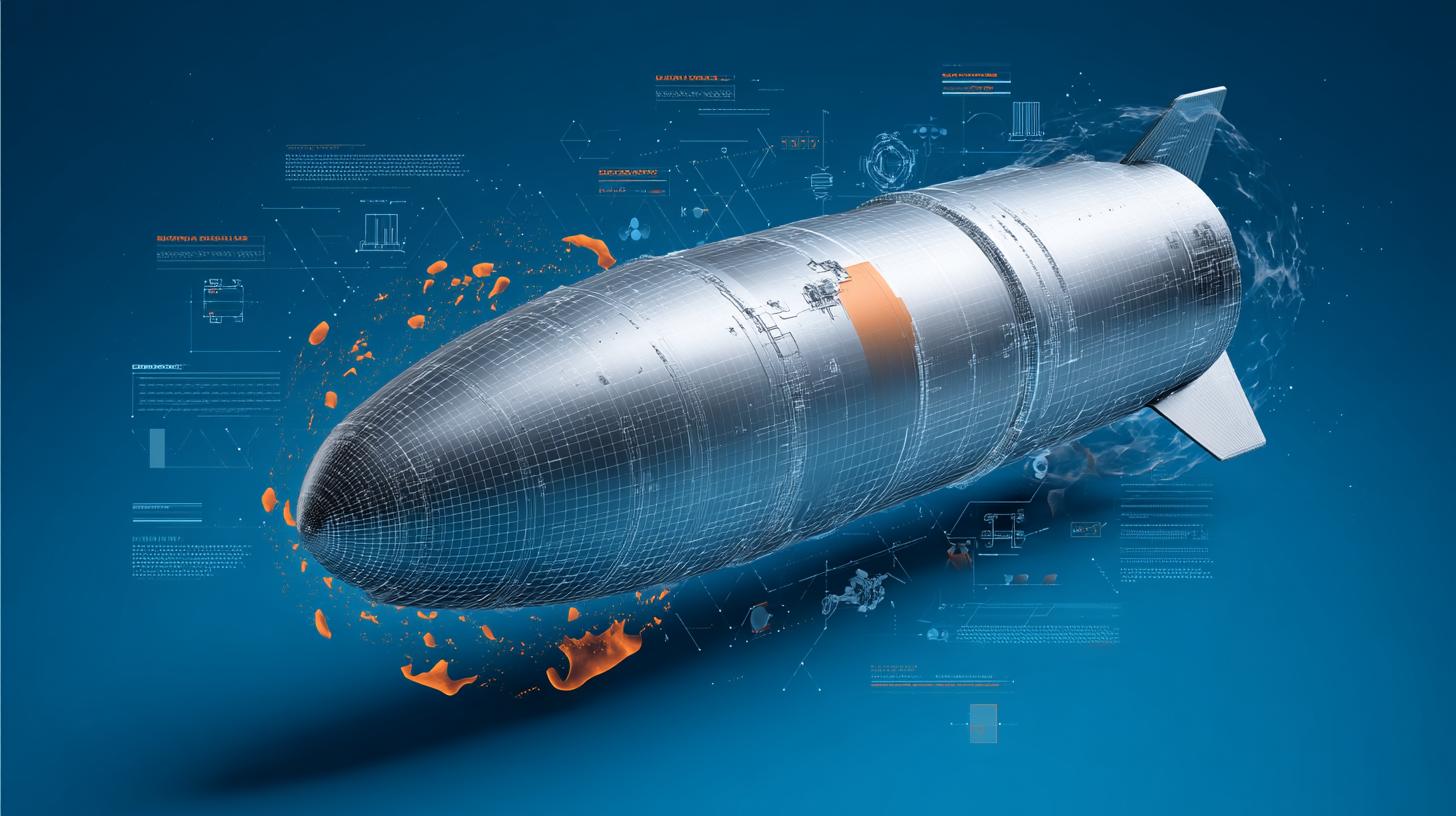The recent completion of the B61-13 production marks a significant milestone in the United States’ nuclear modernization efforts, a topic addressed in detail by Energy Secretary Chris Wright in his keynote remarks. This crucial development reflects the ongoing need to modernize our nation’s nuclear deterrents in a rapidly evolving global landscape. As the U.S. navigates complex geopolitical dynamics, understanding the implications of advancements like the B61-13 is essential for policymakers, defense industry professionals, and the general public concerned with national security.
Understanding the B61-13 Weapon System
The B61-13 is a significant upgrade in the family of B61 nuclear bombs, specifically designed to enhance the capabilities of the United States’ strategic deterrent arsenal. This modernized weapon integrates advanced technical specifications, guiding systems, and safety features to address current and future threats. Importantly, it ensures the U.S. maintains a robust nuclear deterrent while adhering to international arms control agreements.
Key Challenges in Nuclear Modernization
Modernizing nuclear deterrents presents several key challenges:
- Technological Advancements: The rapid pace of technological innovation necessitates regular updates to existing systems to ensure they remain effective.
- Geopolitical Factors: The shifting dynamics in international relations, particularly with nations like Russia and China, demand a reassessment of deterrence strategies.
- Public Perception and Policy: Ensuring that the general public and policymakers understand the importance of these updates is critical for securing funding and political support.
Expert Insights from Chris Wright
During his keynote address, Secretary Wright highlighted the importance of the B61-13 completion in the context of national security. He emphasized the need for continuous investment in defense technologies to counter evolving threats. Furthermore, he discussed the role of nuclear deterrence in promoting global stability and preventing conflicts.
The Role of Nuclear Modernization in National Security
Nuclear modernization is not merely about updating weaponry; it encompasses a broader strategy to enhance national security. The B61-13 serves as a vital deterrent, ensuring that potential adversaries are aware of the U.S.’s capability and willingness to defend its interests. By enhancing existing nuclear systems, the U.S. reaffirms its commitment to global stability while initiating dialogues on disarmament and non-proliferation.
Implications for Policymakers and Defense Professionals
For policymakers, understanding the nuances of defense technologies like the B61-13 is pivotal. The completion of its production reinforces the need for informed decisions regarding defense budgets and international relations. Options such as strategic arms reduction talks, emphasized by defense experts, pose critical questions:
- What does the B61-13 production signify about U.S. military priorities?
- How can advancements in nuclear technology be balanced with international arms control agreements?
- Who are the key stakeholders involved in the nuclear modernization dialogue?
Linking Challenges to Solutions: Key Strategies
To address these challenges effectively, stakeholders must consider the following strategic avenues:
- Enhancing Collaboration: Increased collaboration between government, military, and private sectors can lead to innovative solutions in nuclear technology.
- Investing in Research and Development: Continuous investment in R&D is essential to keep pace with emerging threats and technologies.
- Public Engagement: Initiatives to educate the public on nuclear deterrents and their importance can promote a more informed support base.
Conclusion
The completion of the B61-13 production symbolizes a vital component of the U.S. nuclear modernization strategy. As the geopolitical landscape continues to evolve, understanding the implications of advancements in nuclear technologies becomes increasingly important for national security. With the insights shared by Energy Secretary Chris Wright, it is evident that there is a strategic path forward for policymakers, defense professionals, and the public alike. The commitment to modernize and enhance our nuclear capabilities not only strengthens deterrent capabilities but also reinforces the broader goals of stability and peace in an uncertain world.
Learn More About Nuclear Modernization Efforts
The discourse surrounding nuclear weapons and modernization strategies is vital for understanding national security. For more information on the implications of nuclear modernization and how it relates to defense policies, engagement with industry experts, and informed public discourse is essential. Stay informed and involved.

